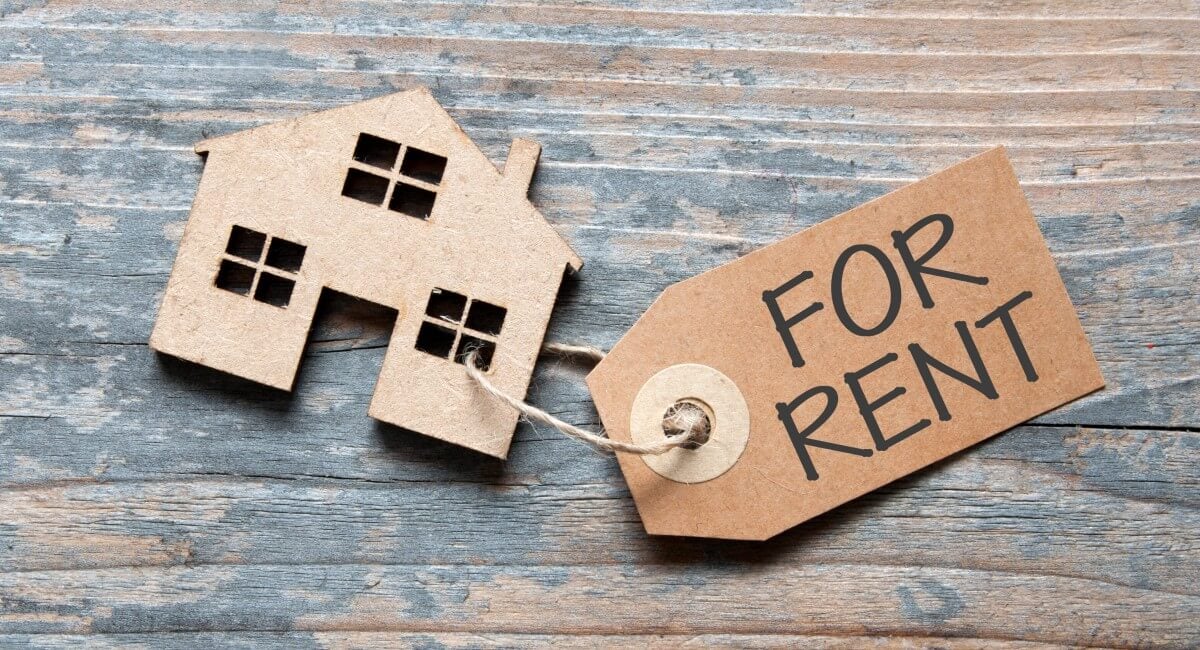It’s always important to think about your long-term plans when purchasing property, especially if you’re in the market for your starter home. If you know that your housing needs will someday change, you might consider turning your primary residence into a rental instead of selling it.
Property can be a great investment and wealth-building tool, but not all homes make good rentals. Seeking out houses that have rental potential can give you more options in the future.

Options for Generating Rental Income
There are several ways you can turn a primary residence into an income-generating investment. The following are the most common pathways homeowners take:
Rent Out a Room
You don’t need to move out for your primary residence to have rental potential. If you have an extra bedroom, you could rent it out to a tenant for some extra income.
This option is especially popular for young individuals and couples who just purchased their first homes. You can use the rental income to pay down your mortgage, make upgrades to the home, or save up for another rental property.
Purchase a Multifamily Property
A duplex, triplex, or home with an in-law apartment can be an excellent investment opportunity that can start creating income right away. If you live in one unit and rent the others, your rental income could potentially cover your entire monthly mortgage.
Getting the rental units ready for tenants can require a lot of up-front work and money, especially if the home isn’t in great condition. This may not be the best option for new homeowners who are short on cash, but it’s a popular strategy for buyers who feel ready to take on the responsibilities of managing a property.
Rent Out the Whole Home
You might not want to be a landlord right away, but owning a rental property may be your future goal. In this case, you could purchase a single-family home as your primary residence with plans to rent it out when you eventually move.
If your rental income from the house can cover your mortgage payments, you’ll continue building equity in the property without paying anything out-of-pocket. When the mortgage is paid off, the rental payments become extra money in your pocket that you can use for new investments or other financial goals.
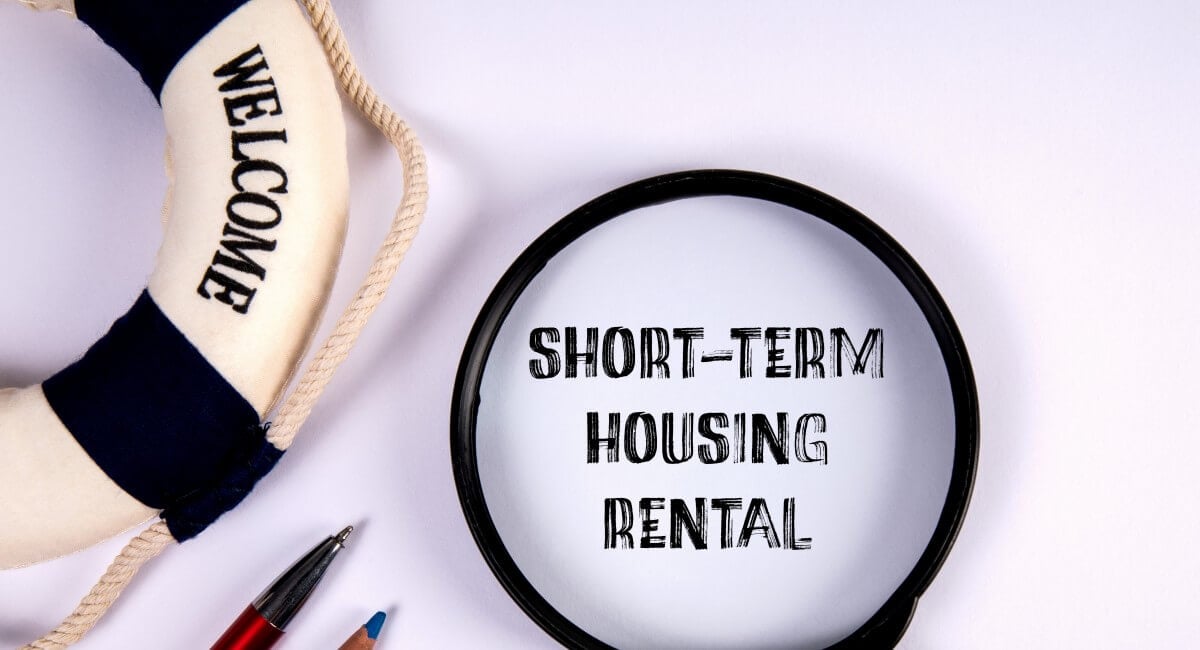
Short-Term Rental
Short-term rentals require more hands-on work that long-term rentals, but they can be a fantastic source of income in tourist-friendly areas. When you’ve outgrown your primary residence, you could convert it to a short-term vacation home.

What to Consider When Looking for Homes
If you plan to convert your home into a rental one day, you should look for properties with rental potential while house hunting. The perfect home for you and your family may not be the perfect rental property, so you might need to compromise.
Here are five factors to consider when evaluating the rental potential of a home:
Location
Location is the most important consideration for virtually all real estate purchases. The location of your home will determine what types of tenants you’ll attract.
If the house is in a tourist town, it may have great potential as a vacation rental. If it’s in or near a major city, you might attract young professionals. In a college town, most of your prospective renters will be students. If the home is located in a highly rated school district, you’ll attract families with children.
Proximity to amenities can make a big difference in a home’s rental potential, too. Many renters will pay more to live near public transportation, parks, shopping, and other resources.
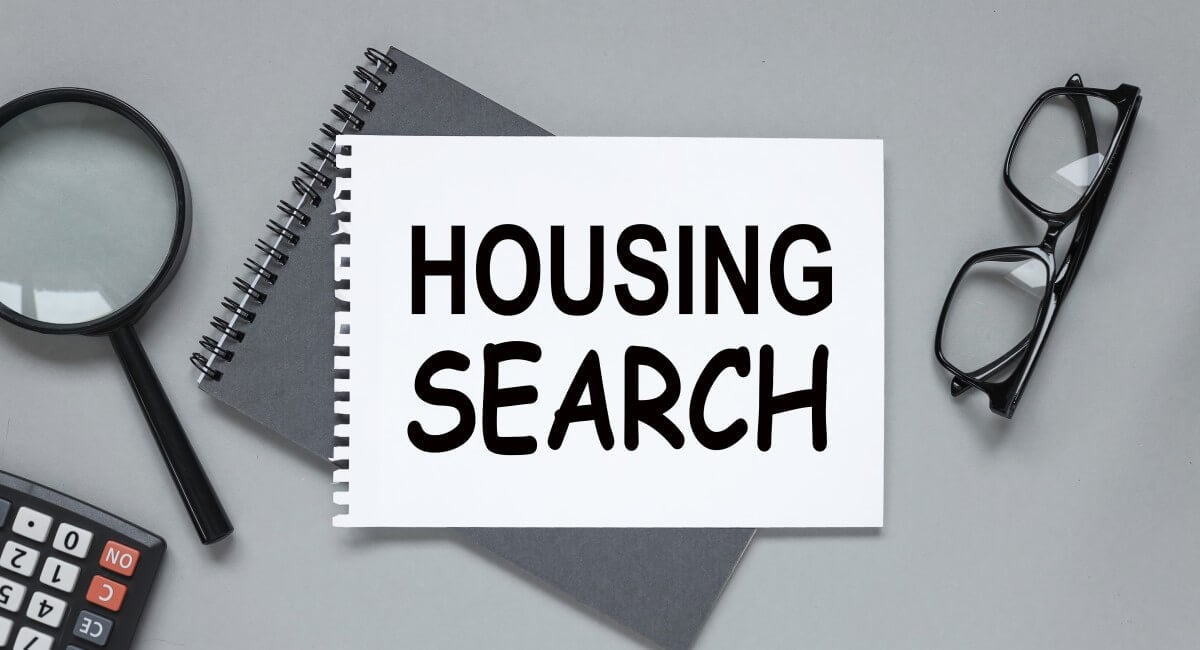
Real Estate Market
Certain areas are simply more popular with renters than others. In some locations, you might have a hard time finding renters for a single-family home. In other areas, high demand for rentals drives rates through the roof.
The real estate market will always change, and it can be hard to predict what the rental market will look like years in the future. However, checking out past and present home values and rental rates in the area can give you an idea of whether the city is growing or shrinking.
Rapid development in the area can also be a sign that the town is on the rise. When new shops and businesses open up and neighborhoods get revitalized, housing prices generally rise. On the other hand, too many new housing developments could decrease the demand and drive rental rates down.
Job Market
A strong local job market is just as important as a strong real estate market when evaluating a home’s rental potential. The job market is always subject to change, too, but you can research past and current trends in the area to determine whether the market is shrinking or growing.
A booming job market means more professionals moving to the area and looking for housing. When the job market is struggling, there’s a higher likelihood of renters being laid off and being unable to pay rent.
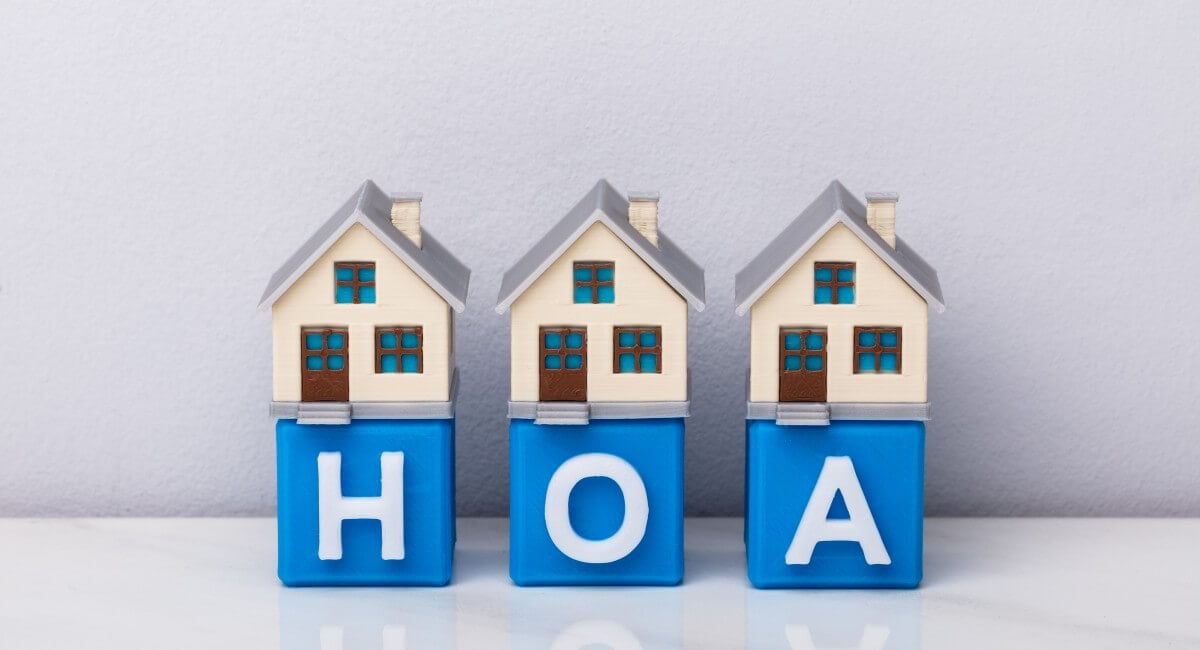
HOA
While HOAs offer some benefits, their presence could prevent you from making your dreams of rental income a reality. Most HOAs have a strict rule against short-term vacation rentals, and many have limitations on long-term rentals as well.
Your HOA may limit the number of rentals in your neighborhood, leaving you waiting for someone else to sell their rental property so you get your chance. Some HOAs have looser rules on rentals, but they may still thoroughly vet the homeowners and the tenants before approving them.

Maintenance, Taxes, and Utility Costs
Landlords still face plenty of miscellaneous housing costs, including taxes, insurance, repairs, and utilities. Your rental income may or may not cover all of these expenses.
As you determine your rental rates, you’ll have to factor in recurring costs like taxes and utilities. Some cities and states have laws regarding utility payments for rental properties. If the house is aging or you anticipate big repairs, having an emergency fund for your rental property is essential.
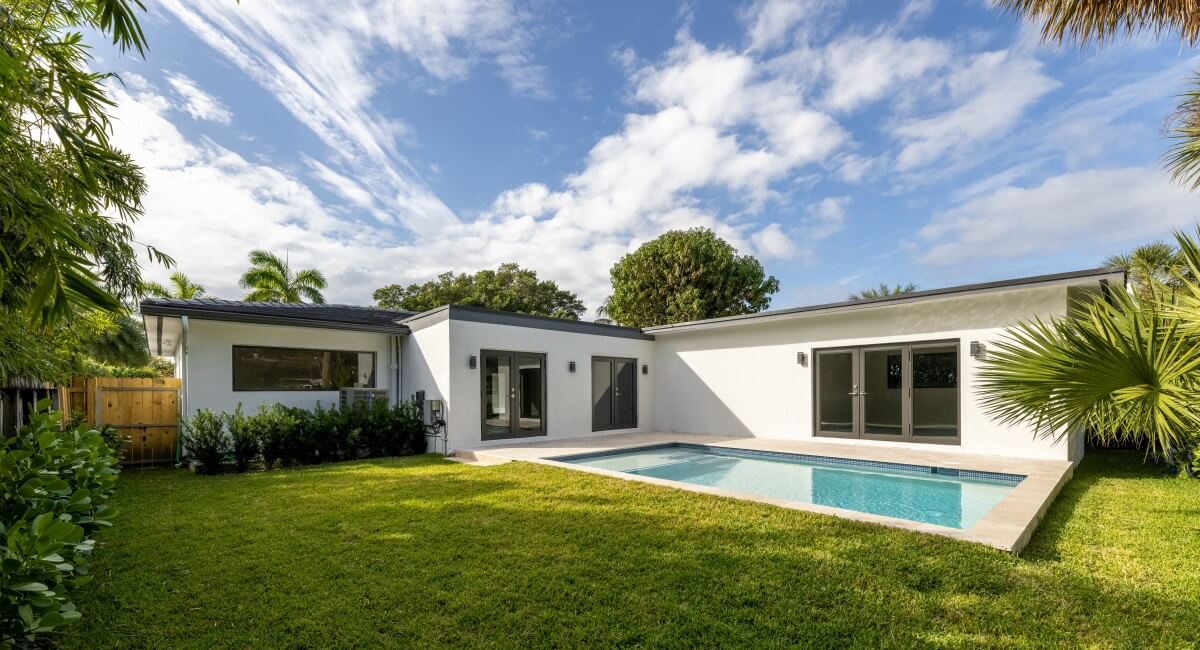
Tips for Converting Your Home Into a Rental
Turning a primary residence into a rental property can require several steps. Here are three things you should do to prepare to rent out your home:
Check Your Mortgage Fine Print
Your mortgage lender may require you to live in your home for a certain amount of time before converting it. For example, FHA loans require borrowers to occupy the property for at least one year. Some lenders also require borrowers to convert the mortgage to an investment property loan before they can rent out the home.
Consider Your Tax Burden
You have to pay taxes on your rental income, so you should calculate your expected tax burden before you rent out your house. Setting aside the money and paying the taxes quarterly can help you avoid a painful tax bill at the end of the year. Fortunately, some of your tax bill can be offset by deducting depreciation and claiming your expenses, including maintenance, mortgage interest, and management costs.
Contact Your Municipality
Some cities require that homeowners get a permit to operate a rental property. This may involve an inspector coming to the home to check for health and safety hazards. You can reach out to your local government to learn what laws and regulations your city has for rentals.
Renting out your home is an excellent way to secure your financial future. To find a house with rental potential, look for properties in renter-friendly areas like college towns, tourist destinations, or suburbs of major cities. Research the rental market to make sure your rental income will offset your mortgage and other expenses. If you choose the right home, you can end up with a rental property that will pay for itself and help you build wealth.



